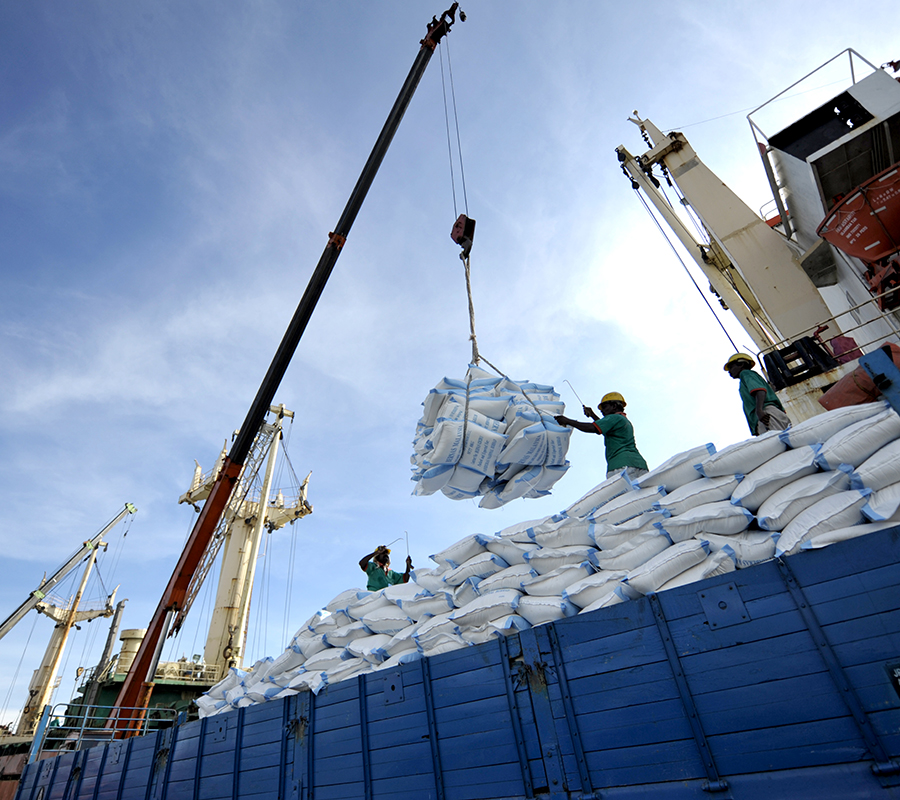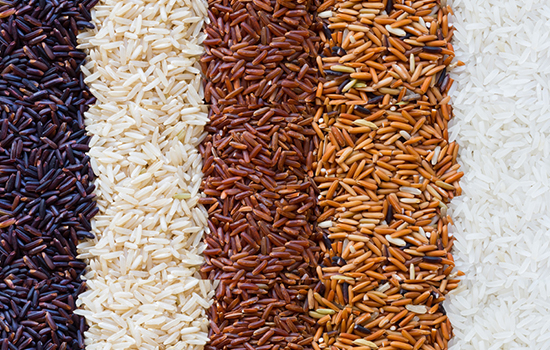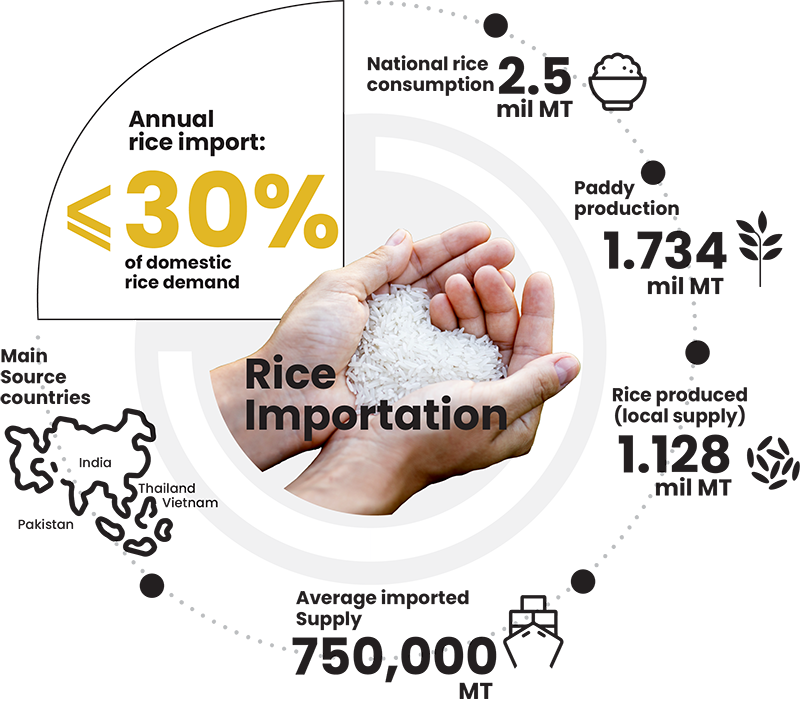Strengthen the Nation's Food Security
Malaysia’s rice import policy is implemented in support of the nation’s self-sufficiency policy, largely to ensure supply and price stability.
Despite the variations in consumers’ diets, rice still appears to be the most sought-after carbohydrate in this country.
Today, Malaysia’s domestic paddy production could reach up to 70% self-sufficiency level (SSL) with average Malaysian adults consuming around 80kg of rice per year. Equilibrating the need of the consumers without impacting the local paddy and rice sector, an import policy was introduced.
The country’s annual rice import is determined by non-commercial considerations and explicitly caters to offset the deficits in local production and stockpile requirements for food security, both of which are determined by the government.
As a supplementary to that, Malaysia also imports other varieties of rice such as basmati, fragrant, glutinous, as well as black, brown, and red rice together with a range of other grades to serve the local consumer preferences towards speciality rice.
Today, Malaysia’s domestic paddy production could reach up to 70% self-sufficiency level (SSL) with average Malaysian adults consuming around 80kg of rice per year. Equilibrating the need of the consumers without impacting the local paddy and rice sector, an import policy was introduced.
The country’s annual rice import is determined by non-commercial considerations and explicitly caters to offset the deficits in local production and stockpile requirements for food security, both of which are determined by the government.
As a supplementary to that, Malaysia also imports other varieties of rice such as basmati, fragrant, glutinous, as well as black, brown, and red rice together with a range of other grades to serve the local consumer preferences towards speciality rice.


In this context, as the sole importer of rice on behalf of the government, BERNAS adopts import source diversification as a core strategy to strengthen our food supply resilience. The bulk of the volume is sourced from Vietnam, Thailand and Pakistan, India and Myanmar. By diversifying and increasing the number of countries from which imports are sourced, we are able to mitigate potential supply-related risks.
Responsible Sourcing Policy
BERNAS is committed to upholding principles of integrity, accountability and fairness in its business relationship. Accordingly, BERNAS expects its business partners to share the commitment to these principles as set out in this Business Partners Code of Conduct (BPCC).
BERNAS is committed to upholding principles of integrity, accountability and fairness in its business relationship. Accordingly, BERNAS expects its business partners to share the commitment to these principles as set out in this Business Partners Code of Conduct (BPCC).
Quick Facts

